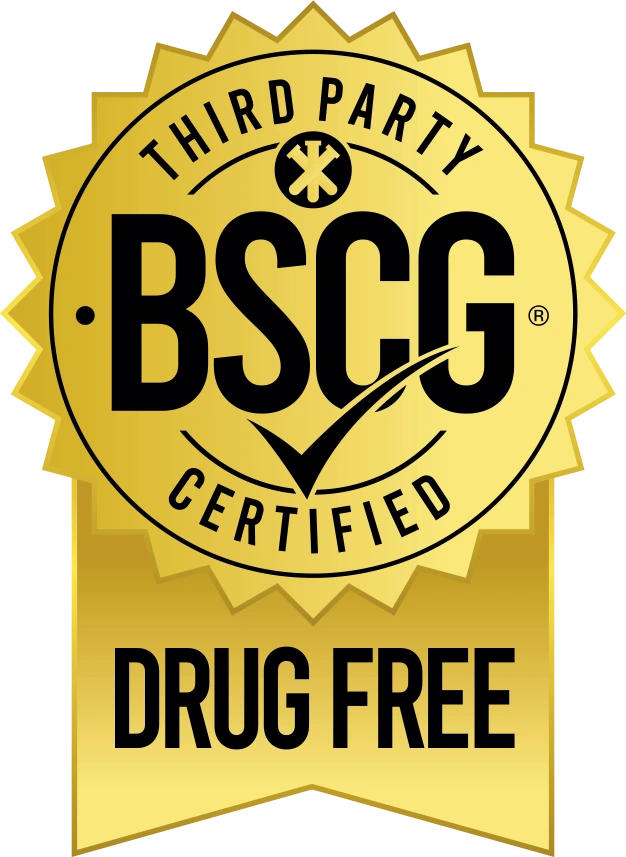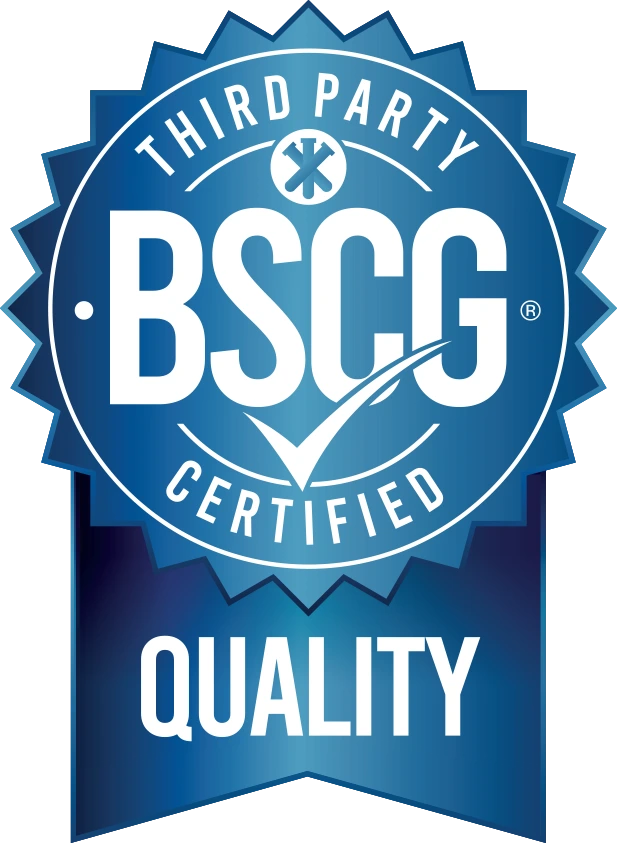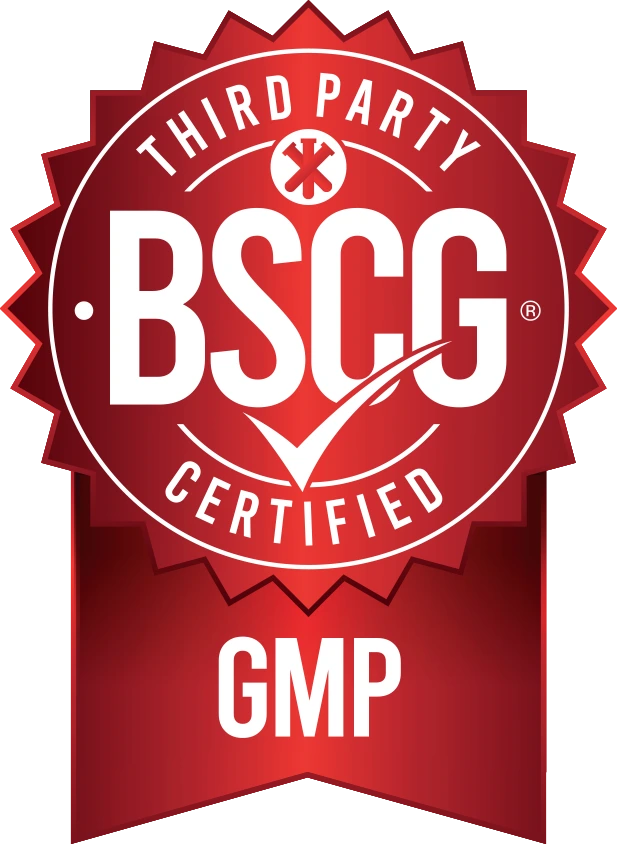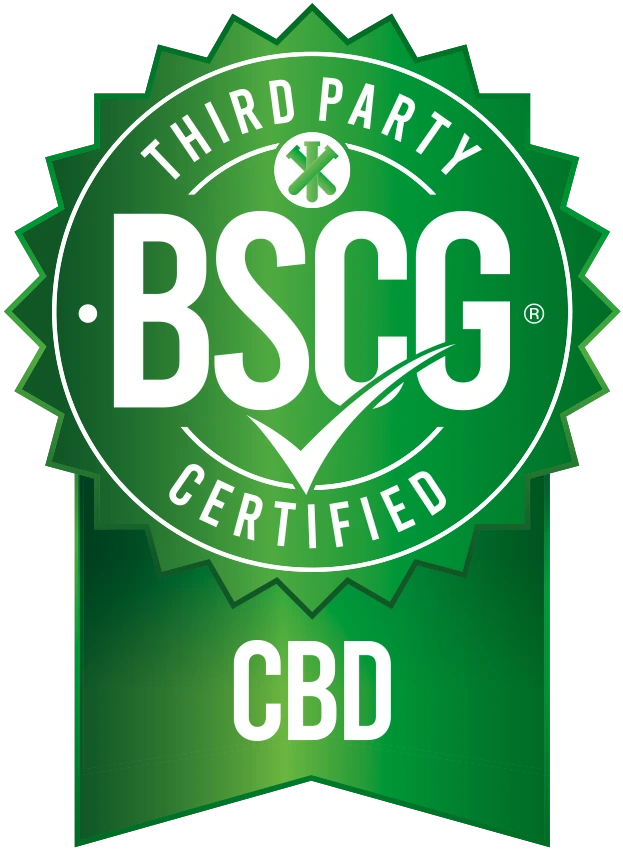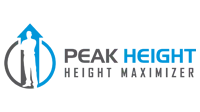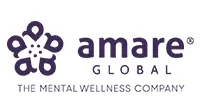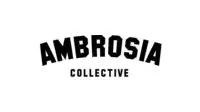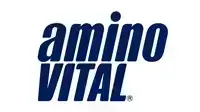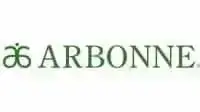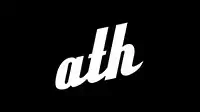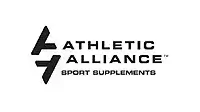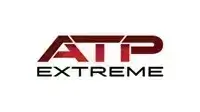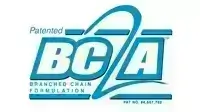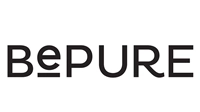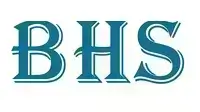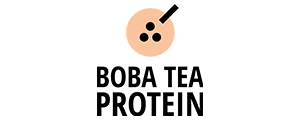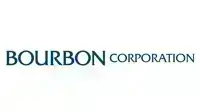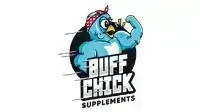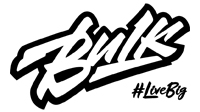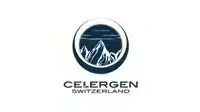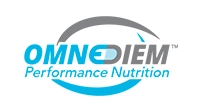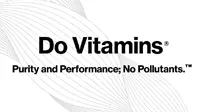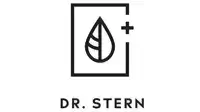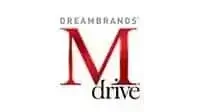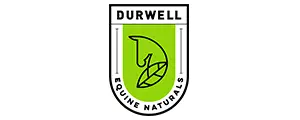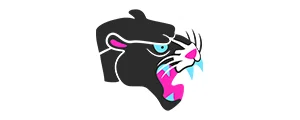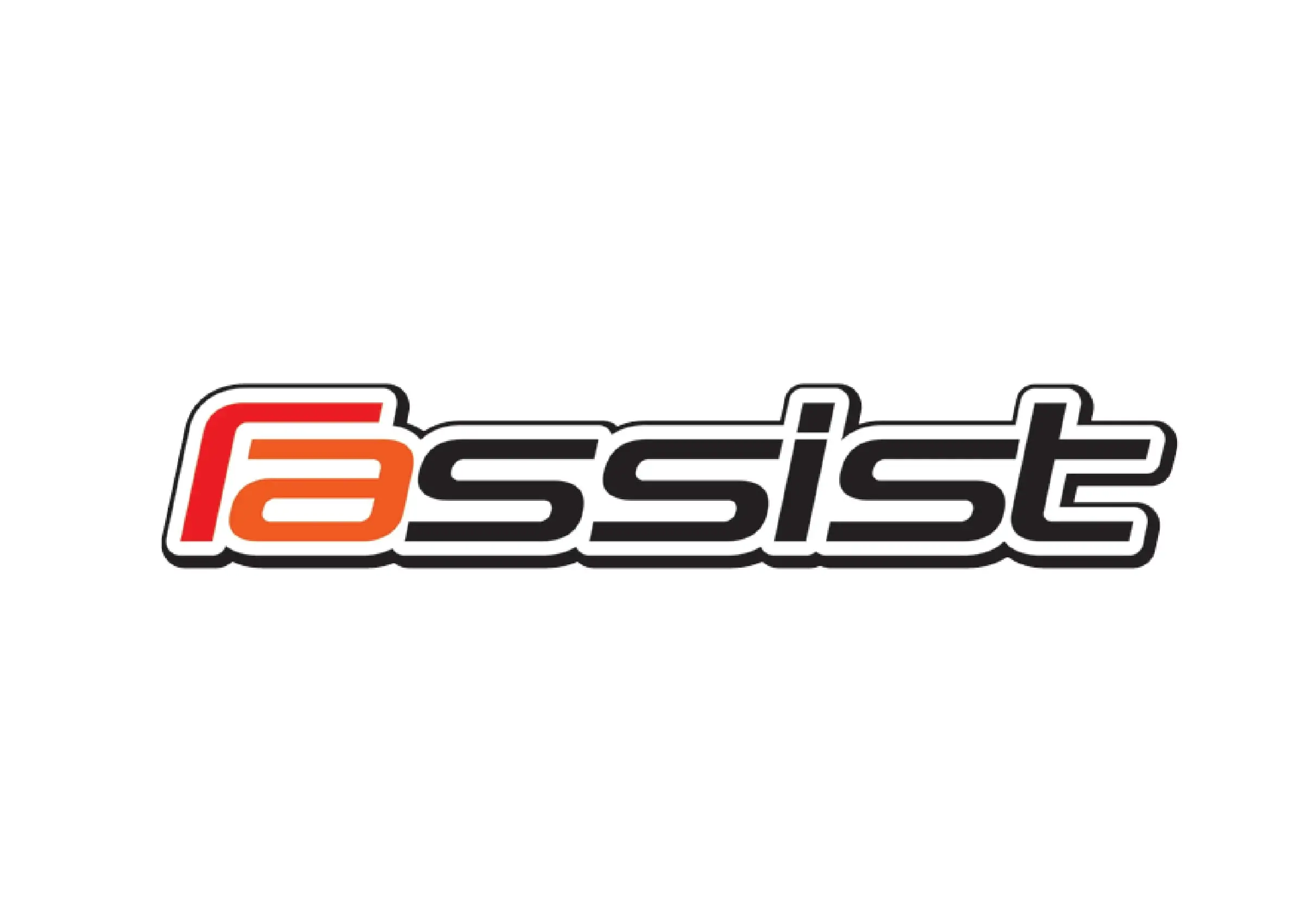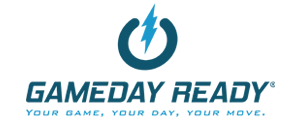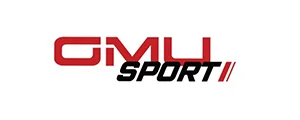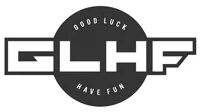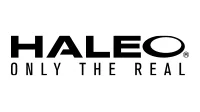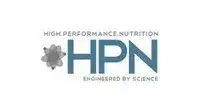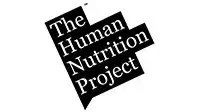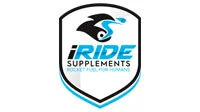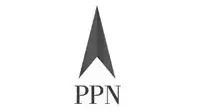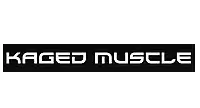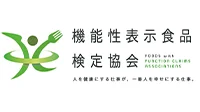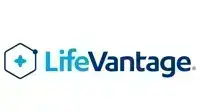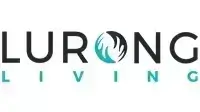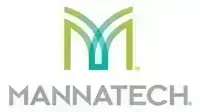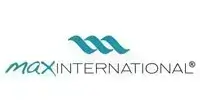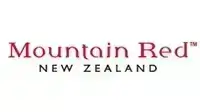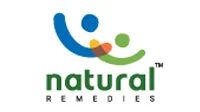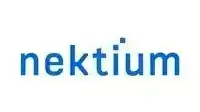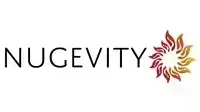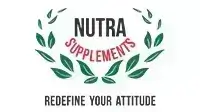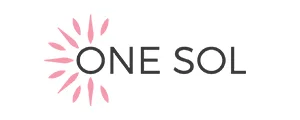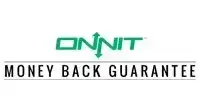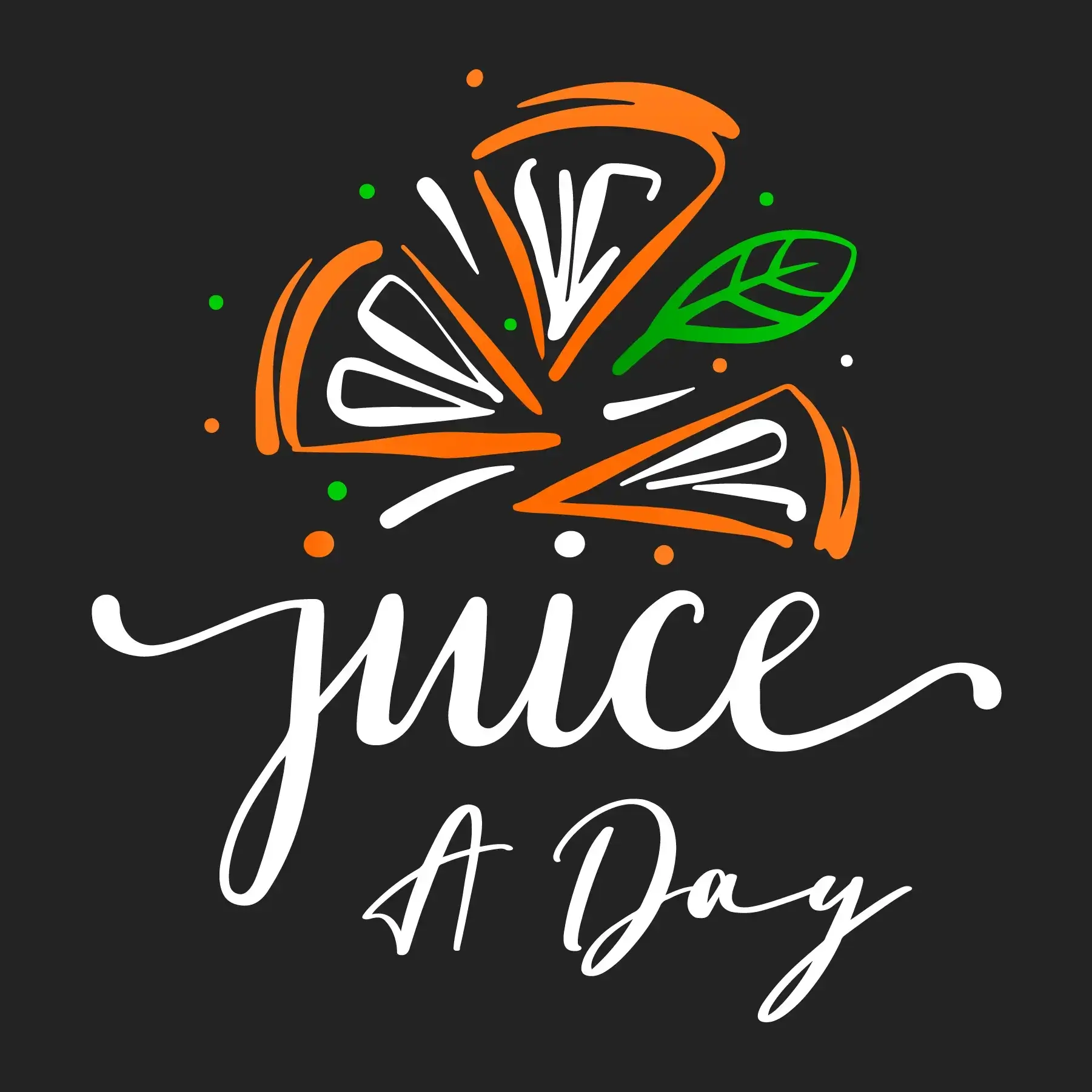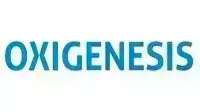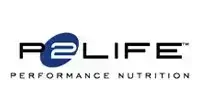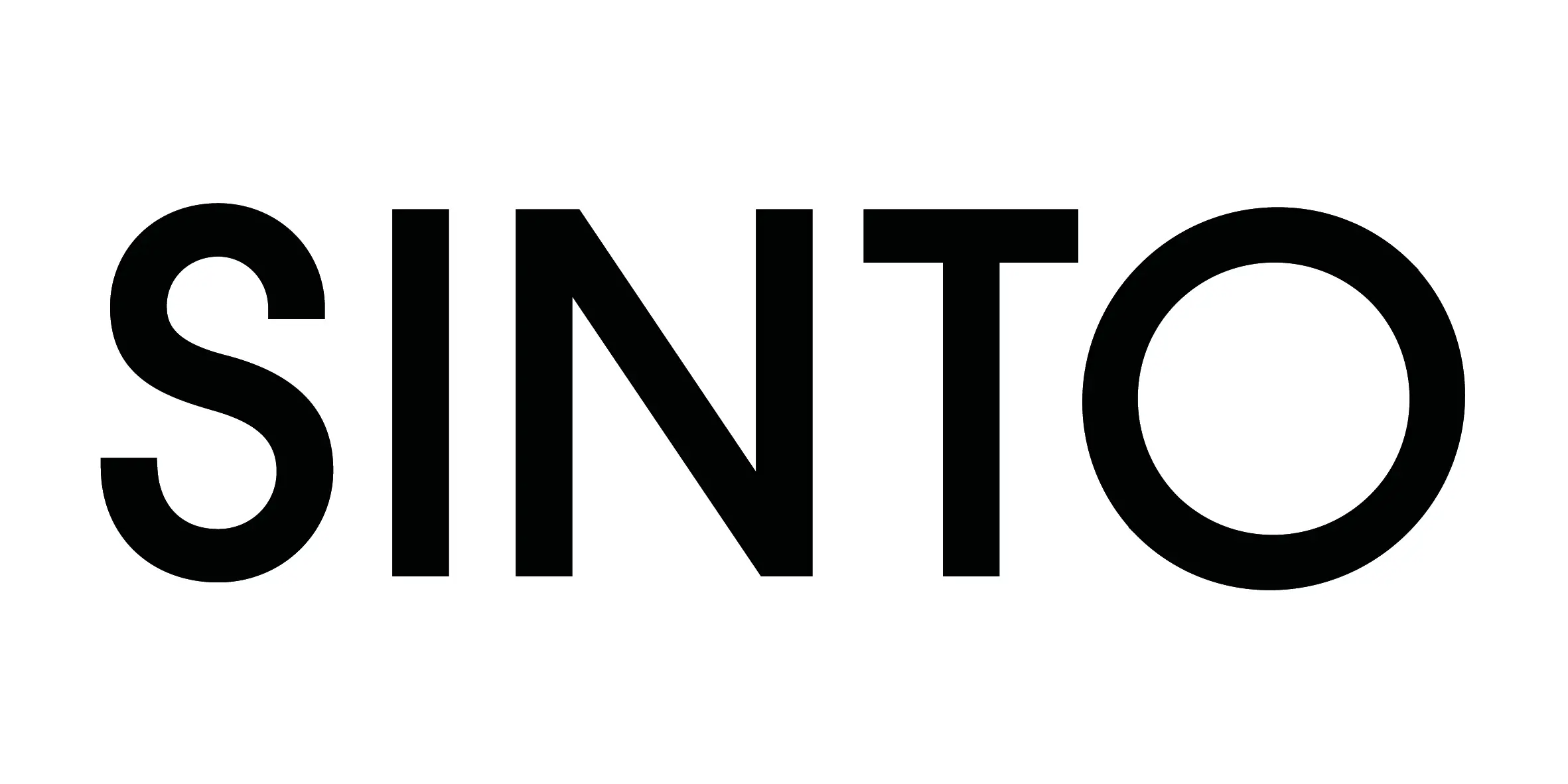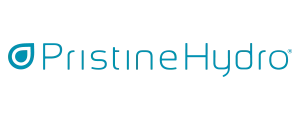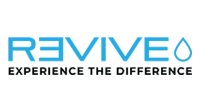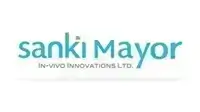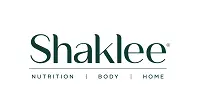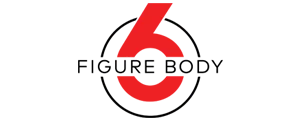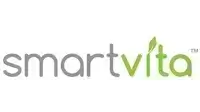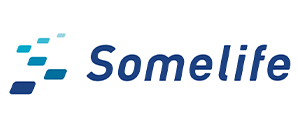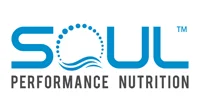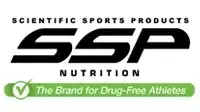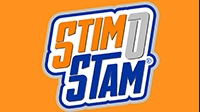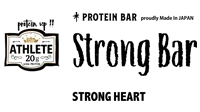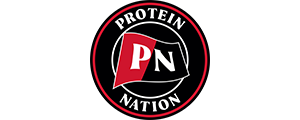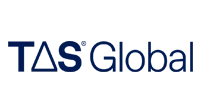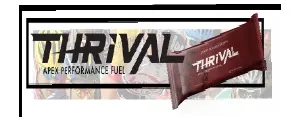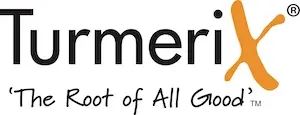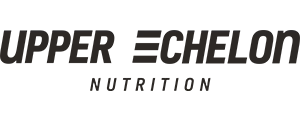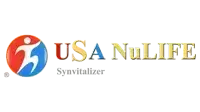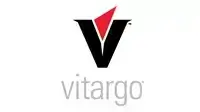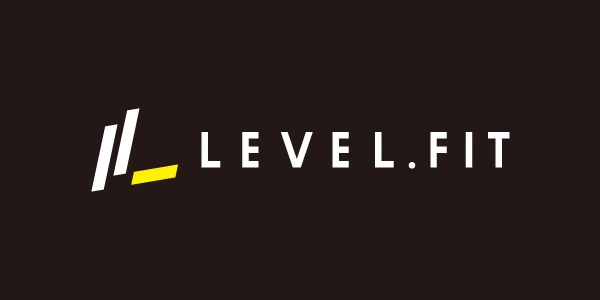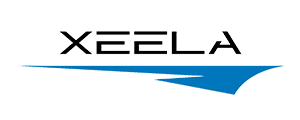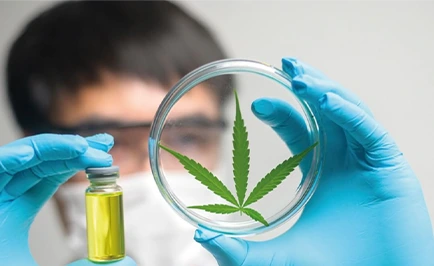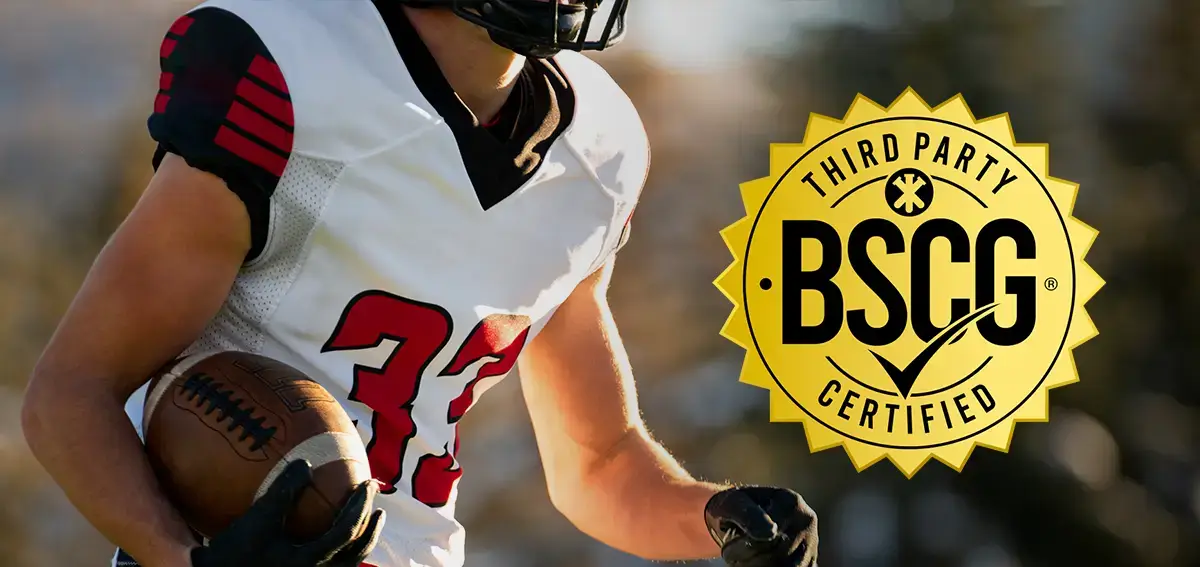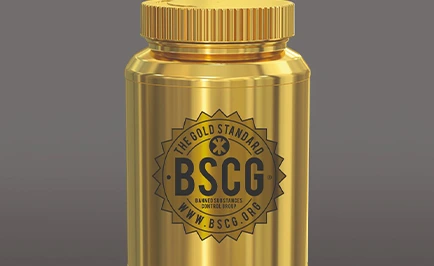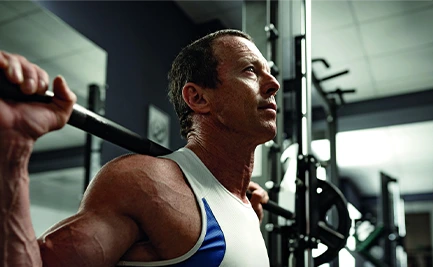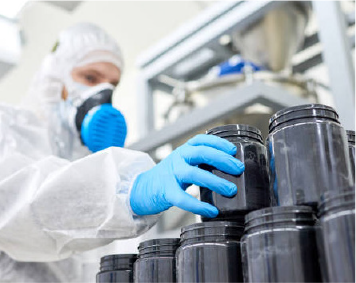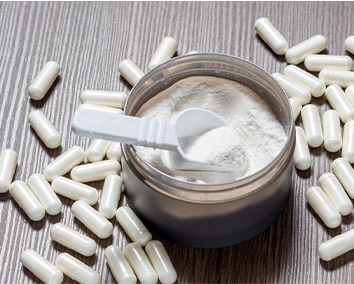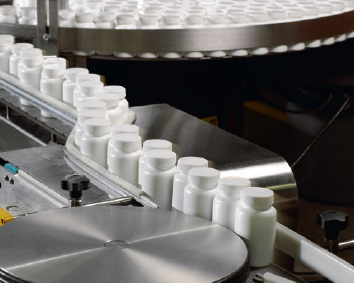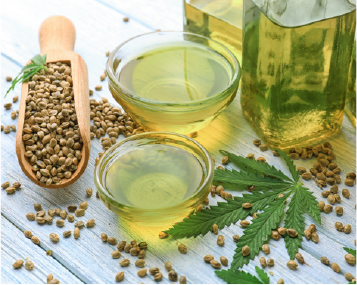People Testing Positive for THC When Taking CBD Now a Supreme Court Issue
Oct 17, 2024
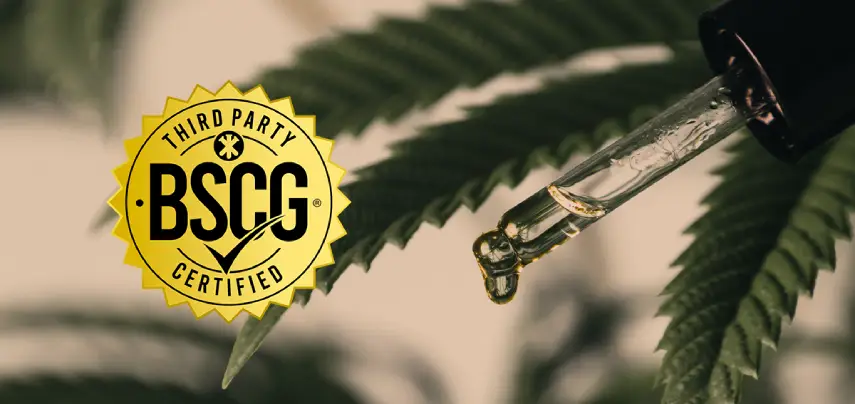
The use of CBD products, and the potential to test positive in a drug test for THC, have become big enough concerns for the U.S. Supreme Court. CBD has become the Swiss Army knife of supplements, used for pain relief, stress reduction, and sleep aid, where as many as 60% of US adults have tried it or use it regularly, according to a Forbes Health survey. However, if you think your THC-free CBD oil is harmless, your blind belief in the labeling might cost you your job. Despite so many products being marketed as ‘THC-free,’ there are plenty of CBD products that contain trace amounts of THC that can make you fail a drug test. The CBD market, in many ways, is unregulated with many complexities in the laws that remain untested, hence the case. For you, the lack of regulations means that even hemp-derived products, which should be legally compliant, may contain enough THC to cause positive drug tests. Case after case is highlighting this pervasive problem, like truck driver Douglas Horn, who lost his job after failing a drug test due to the THC levels in his CBD product.
THC Free Claims Not Enough to Protect Against Positive Drug Tests
Even if you're careful to take CBD products that are labeled as being THC-free, you may not be entirely safe from a positive drug test. Douglas Horn used a CBD product for chronic pain, which he thought was THC-free, but still failed a drug test. The company advertised products as THC-free in videos and made the same claims on their website. The Supreme Court will now hear his claims and grievances on October 15, which could be a game changer for the industry thanks to the loss of earnings he incurred. A similar story played out with a Wisconsin woman who got fired after testing positive for THC despite using only legal CBD products to manage her pain. Unfortunately, situations like these create a legal minefield that even the highest courts may struggle to navigate in the years to come.
CBD Products Made from Legal Hemp May Still Have Too Much THC and Can Cause Positive Drug Tests
One of the number one reasons people are failing drug tests after using THC-free CBD products is because some products made from legally compliant hemp with less than 0.3% THC could still provide enough THC ingested daily to fail a drug test. So, to the brand or a seller the product may be “THC Free” but to a drug tested consumer using the product could be a career ending decision. According to an article published on THV11, Dr. Bill Fantegrossi, a UAMS toxicology professor, recounts a story where he and his wife went into a store and asked the clerk if he’d test positive if they took a particular THC-free CBD product, which the clerk said he probably wouldn’t. Later on, his wife took the product, and she tested positive for THC. For many workers in industries like trucking, law enforcement, aviation, or the armed forces - where drug testing is understandably mandatory - this is a considerable risk to their employment.
Legal Grey Area with Delta-8
CBD and THC aren’t the only compounds confusing the drug-testing world. Delta-8 THC, a cannabinoid closely related to the psychoactive delta-9 THC found in marijuana, has also started to become a problem for people. Because it can be found in small amounts in some circumstances in hemp plants people consider it to be “hemp derived” and legal in many places due to the 2018 Agriculture Improvement Act. While it can come from hemp it is often synthesized. Delta-8 has become popular as it can have psychoactive effects and is purportedly legal, so it is actually sold as a legal alternative to the psychoactive delta-9 THC in marijuana. When 13News tested 7 delta-8 products from smoke shops and gas stations, five of the samples had delta-9 THC that were over the state’s legal limit. The legal grey area of delta-8 THC is creating health concerns and legal challenges that have yet to be confronted. This problem highlights how the lack of precise regulation and testing standards for hemp derived products can have human consequences beyond just employment loss for anyone who thinks they are using legal, safe products.
BSCG’s Certified CBD Program: A Solution to the Problem
With the risks of THC contamination in CBD products becoming more and more common and now reaching the Supreme Court, third-party certification has never been more critical for CBD and hemp product brands. BSCG’s Certified CBD program gives consumers, athletes, and anyone who is a drug-tested professional a reliable way to make sure their CBD supplements are clean and free from harmful substances, including THC. BSCG tests every batch of CBD products to verify CBD levels, and test for THC and more than 500 banned substances, providing quality assurance that goes well above and beyond industry standards. BSCG applies limits on THC levels that are designed for drug testing protection and are far below the 0.3% legal limit on THC. This certification is something everyone should look for when purchasing CBD products, especially anyone who is subject to strict drug testing as part of their employment. As the CBD industry continues to grow, programs like Certified CBD are the much-needed safety net consumers deserve and can put their trust in.
Check the list of BSCG Certified CBD products from FourFiveCBD, Puresport, Kannaway, CBD Force, Active Relief, Canlife, Joy Sports, Love Hemp, and Night Athlete.



